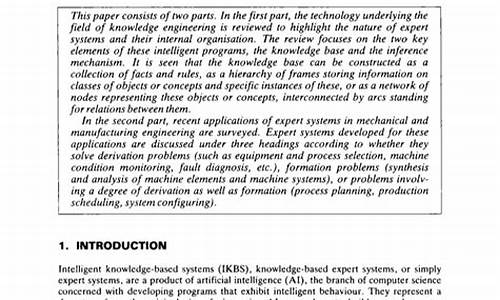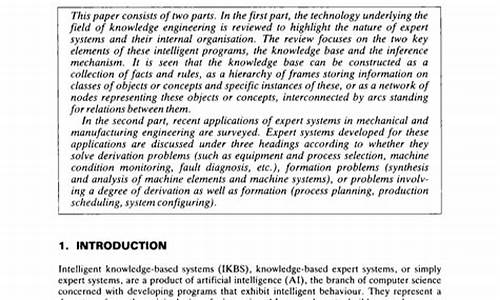020-88886521
13988886666



Mechanical Engineering and Automation
Mechanical engineering and automation are two highly specialized fields that involve the design, construction, and operation of mechanical systems. Mechanical engineers and automation professionals work together to develop innovative solutions for a wide range of industrial and commercial applications. This article will provide an overview of the key concepts and skills involved in these fields.
Mechanical Engineering
Mechanical engineering is a field that combines principles of mechanics, physics, and materials science to design and build machines, structures, and other mechanical systems. The goal of mechanical engineers is to create efficient and reliable systems that can be used in a variety of industries, from manufacturing to aerospace.比特币硬钱包如何使用
比特币钱包中文Some of the key skills required for success in mechanical engineering include:
Problem-solving: Mechanical engineers must be able to analyze complex problems and come up with creative solutions.
Design: Mechanical engineers must be adept at creating detailed designs and drawings that accurately represent their ideas.
Analysis: Mechanical engineers must be able to use mathematical models and simulations to analyze and predict the behavior of their designs.
Testing: Mechanical engineers must be able to conduct rigorous testing to ensure that their designs meet performance criteria.
Collaboration: Mechanical engineers often work in teams, so they must be able to communicate effectively and collaborate with others.
Automation
trezorAutomation refers to the use of technology to automate tasks that were previously performed by humans. Automation can take many forms, from simple manual processes to complex robotic systems. Automation has become increasingly important in recent years as companies seek to improve efficiency and reduce costs.
Some of the key skills required for success in automation include:
Programming: Automation professionals must be proficient in programming languages such as Python, C++, or Java.
Control Systems: Automation professionals must be familiar with control systems theory and be able to design and implement effective control systems.
Electronics: Automation professionals must have a basic understanding of electronics and be able to work with sensors, actuators, and other electrical components.
Machine Learning: Automation professionals who work with artificial intelligence (AI) and machine learning must be familiar with algorithms and data analysis techniques.
Collaboration: Automation professionals often work in teams, so they must be able to communicate effectively and collaborate with others.
Conclusion
Mechanical engineering and automation are two highly specialized fields that require a combination of technical expertise and problem-solving skills. These fields offer exciting opportunities for those who are interested in innovation and creating new technologies that can improve our lives. Whether you are working on designing a new machine or developing an AI system, there is no shortage of challenges and opportunities to explore in these fields.